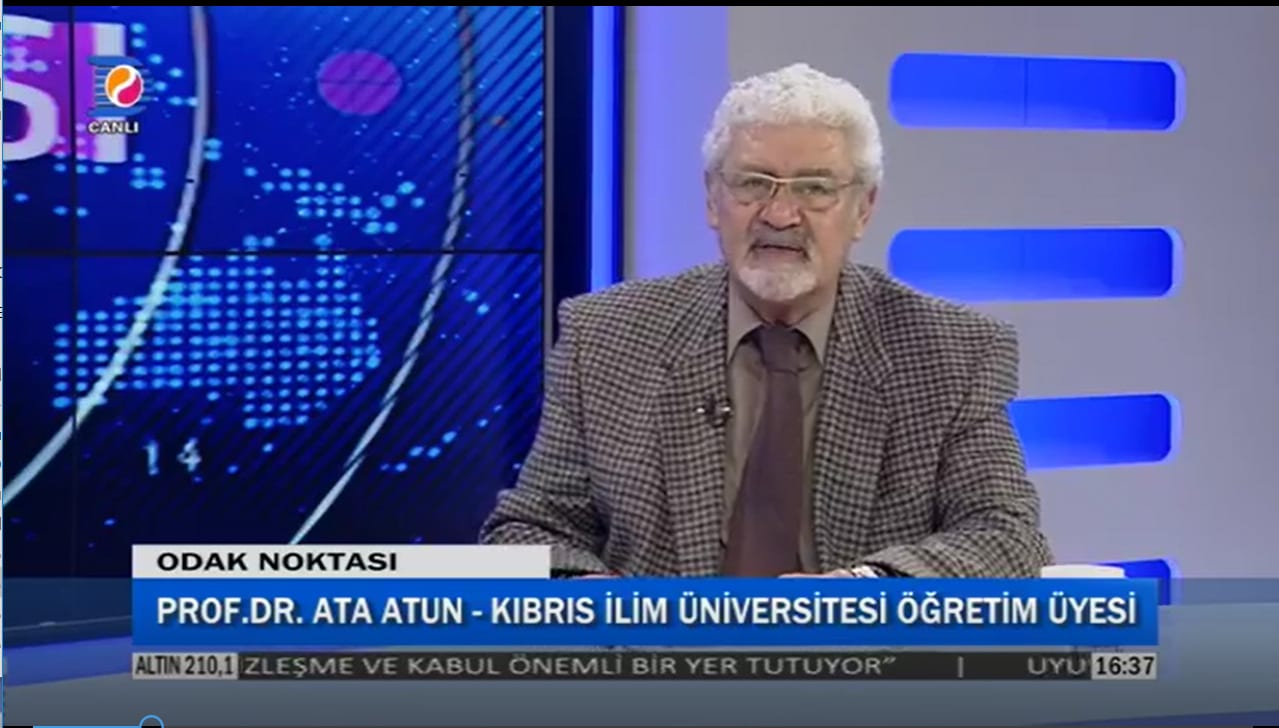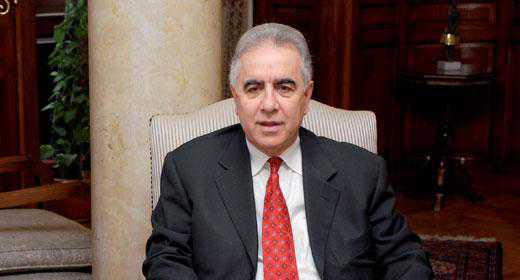IT CAN NOT HAPPEN TO ME. GUESS WHAT? IT WILL!!!
Chapter 19
HOW WE CAN BENEFIT FROM THE COMING PRECIOUS METALS SURGE
Every cycle has a beginning and an end. It never fails. In the beginning they pander the little investor to encourage them to come back.
I will use the fine firm of Merrill Lynch as an example.
Their name used to be Merrill Lynch Pierce Fenner and Bean. They were one of the top firms and they sought the “private Investor or PI” like Charles Schwab does today.
Then in the late 1950’s or early 1960’s they changed THEIR NAME TO Merrill Lynch Pierce Fenner and Smith. The press loved it. I remember reading articles of praise that there are many more Smiths than Beans and that this was a smart public relations move to gather more PI business.
Being in command and a trail blazer for the security industry they decided to go public and cash in on their good fortune. They shorten their name to just Merrill Lynch. This was a game changer. Now every employee had a chance to buy into their company and if they timed it right could sell and leave wealthy. Long term employees suddenly found themselves very wealthy individuals. Long term horizons suddenly shifted to “How is our stock doing today?”
Our Economy started with long term growth prospects under Presidents Truman and Eisenhower. The GI Bill and the interstate Highway systems were game changers. President Eisenhower has been disparaged for not lowering our taxes. The top bracket was 92%
If one bought a stock and held onto it for six months then the “Government let you keep half the gain.”
Lowering taxes has had the same effect as brokerage firms going public. Long term expectations started drifting downward to weeks , then days. With high frequency trades long term can be defined into “nano seconds”.
We must make some adjustments to reward the serious investor
They like many other firms started diversifying by catering to wealthy individuals and institutions at the same time. The PI investor was back on the bottom rung. This was true for most of Wall Street.
Certain banks have now become immense in power under the “too big to fail” mantra. JP Morgan and the other commercials have been rigging the price of silver and gold on the commodity Comex exchange by the use of High Frequency Trades (HFT”S) derivatives and the use low interest rate Federal Reserve funds that were supposed to help financial institution liquefy.
The price of an ounce of gold is over $1,600 US dollars as of 8/29/2012 and an ounce of silver is $30.75. There is three times more gold than silver in world markets. Silver has a myriad of industrial uses while gold does not.
So one of these days silver is going to be ungagged that could cause an explosion on the upside while the shorts frantically try to buy back the silver they have sold. On the commodity side they have upper and lower limits and when those limits are reached they just close shop and go home until the next day.
So how can us little guys make a bundle from all this?
When there is a will there is a way. Never give up trying.
Just get a pair of boots and blue jeans and a large sack or laundry bag and meander down to your town transfer station(trash dump) and look for thrown away TV’s and computers and anything electronic. They all have to have a mother board that connects the chips to each other.
There is silver in those connectors and chips. Rip them out and put them in you bag. When you have enough to carry go home. Now set up a system where you can burn in boards and are left with just silver. It will take a little practice to work out safely, so start small. You do not want to burn down your home.
Now store the silver and wait. When the National TV News starts off with the price of silver; that is when you go to local pawn shops and start selling. Just a little in the beginning until you feel secure.
So when grandiose wealthy individual takes you out of the game and starts selling and trading to the other heavy weights – just wait. There will come a day when they all want to sell.
TO WHOM?
In the end the big greedy guys end up the real bag holders – NOT US!!!







